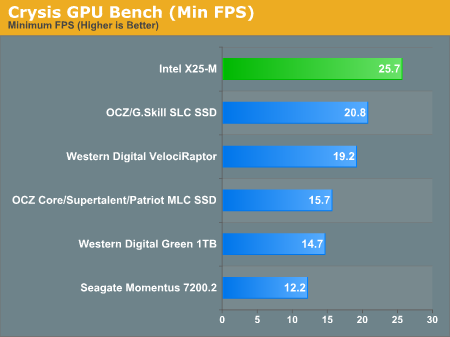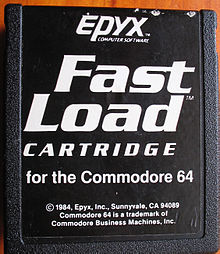I did not mention performance at all when I criticised hybrid drives, and for your information I have used a hybrid drive, but thanks for basically calling me an uninformed fanboy for no good reason. Btw, on some of the sub-forums here that would earn you an infraction.
The reason I did not mention performance at all is because my comments with regard to product maturity have nothing to do with performance; I was talking about reliability, I thought that was quite clear. The most distinct market for PCs today is people needing a device for productivity. Who wants an unreliable device when they're trying to work, and risking the data that they're working on? Hard drives are a mature technology, they've been in the mainstream for more than three decades. SSDs aren't quite as mature, they haven't been in the mainstream (and when I mainstream I mean the likelihood of an average user casually picking a computer with that device) even a decade yet, but they've been through the phase of immaturity and when people ask for system help, the foremost questions are not things like "which firmware do you have for that SSD?" most of the time. If HDD-equipped systems are being sold say 80% of the time, SSD systems are probably being sold up to 20% of the time, and SSHDs are probably being sold about 2% of the time. They've barely touched on the radar and a few models have hit the market. I wouldn't be surprised if they're even being outsold by M.2 drives. Issues ought to get spotted during QA but the fact of the matter is that many issues get spotted when the product goes mainstream because that's when it's being used by vastly more people than it ever would during testing phases, and being used and abused by people with many different usage and environmental scenarios.
Even with SSDs we're still learning new things about them in the real world such as how temperature can affect data integrity on SSDs that are switched off for long periods of time.
All storage devices should be looked at as something that could fail and so therefore backups are essential for essential data, but there's a world of difference between "my HDD will probably die some day", "my SSD might die before I replace it", and "I sent my storage device back on warranty three times and all the replacements have been iffy".
And in case I need to underline several more times that performance has little to do with this - from what I've read, NVMe SSDs outperform SATA SSDs, however I have not bought any for my customers because they haven't been mainstream for that long, and just how much storage performance do my customers need? I haven't had a single one say that their SATA-SSD-equipped system performs slowly. Stability is essential for my reputation, with performance coming a close second, and so the first SSDs I bought were after the whole SandForce farce and after I felt that I knew where I stood with regard to knowing about garbage collection and TRIM. I don't adopt the latest generation of Intel or AMD hardware for stability reasons; I've been using Skylake until my first Kaby Lake build a week ago, and that's a pretty minimal advancement in hardware. If another Samsung PRO SATA SSD came out, I'd wait a few months before thinking of using it.




